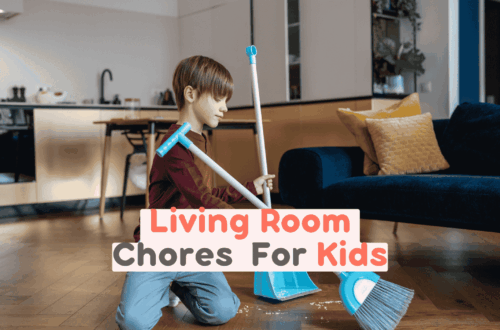Reward systems are one of the most effective ways to encourage positive behavior in children. From praise and stickers to point charts and special privileges, these systems give kids clear incentives while helping parents build consistency at home. But what does psychology tell us about why rewards work, and how can parents use this knowledge effectively?
Extrinsic and Intrinsic Motivation
Psychologists often describe two types of motivation. Extrinsic motivation happens when children do something for a reward, like earning stars or points. Intrinsic motivation is when they take action because it feels good or meaningful. Younger children typically respond more to external motivators since long-term benefits like responsibility are harder for them to grasp.
The goal over time is to shift toward intrinsic motivation, where kids complete tasks because they feel capable and proud. A structured system bridges this gap by showing the clear connection between effort and outcome. The Kikaroo chore tracker helps parents make this shift naturally by rewarding consistency and effort.
💡 Tip: Celebrate effort, not just results. For example, recognize when a child starts a task without being asked. This reinforces self-initiative.
Why Rewards Work
Rewards are effective because they reinforce positive habits in clear and predictable ways. Positive reinforcement makes children more likely to repeat good behaviors. Consistency helps routines become automatic. Clarity ensures kids always know what is expected of them.
Not every chore or behavior needs a prize. Research shows that combining praise, recognition, and occasional privileges with smaller tangible rewards works best. Parents can explore strategies like these in Parenting Tips to Make Chores Easier.
Choosing the Right Rewards
The most impactful rewards are often simple experiences rather than material things. Children value extra playtime, choosing a family activity, or reading a special bedtime story. Even small amounts of screen time can feel like a big win when earned through effort.
Some families create a “reward shop” where kids can exchange points for privileges. The Kikaroo digital chore chart makes this easy by tracking points automatically, reducing the burden on parents to keep count.
💡 Tip: Rotate rewards occasionally. Fresh options keep children engaged and motivated.
Avoiding Common Pitfalls
If reward systems are inconsistent or rely too heavily on material prizes, children may lose interest or begin expecting something for every task. To avoid this, gradually scale back external rewards as routines become habits, while continuing to offer praise and encouragement.
For parents who struggle to stay consistent, a tool that tracks chores and rewards helps keep everything balanced. The Complete Guide to Chore Charts & Tools provides more ideas on creating systems that actually work.
Building Lifelong Habits
When used thoughtfully, reward systems go beyond getting kids to complete chores. They teach responsibility, effort, and the satisfaction of achievement. By blending psychology with practical parenting strategies, families can create an environment where children feel motivated, capable, and proud of their contributions. A smart family chore tracker can make the process easier, giving both kids and parents the consistency needed to succeed.

 Home
Home Features
Features Testimonials
Testimonials Downloads
Downloads FAQ
FAQ Blog
Blog








